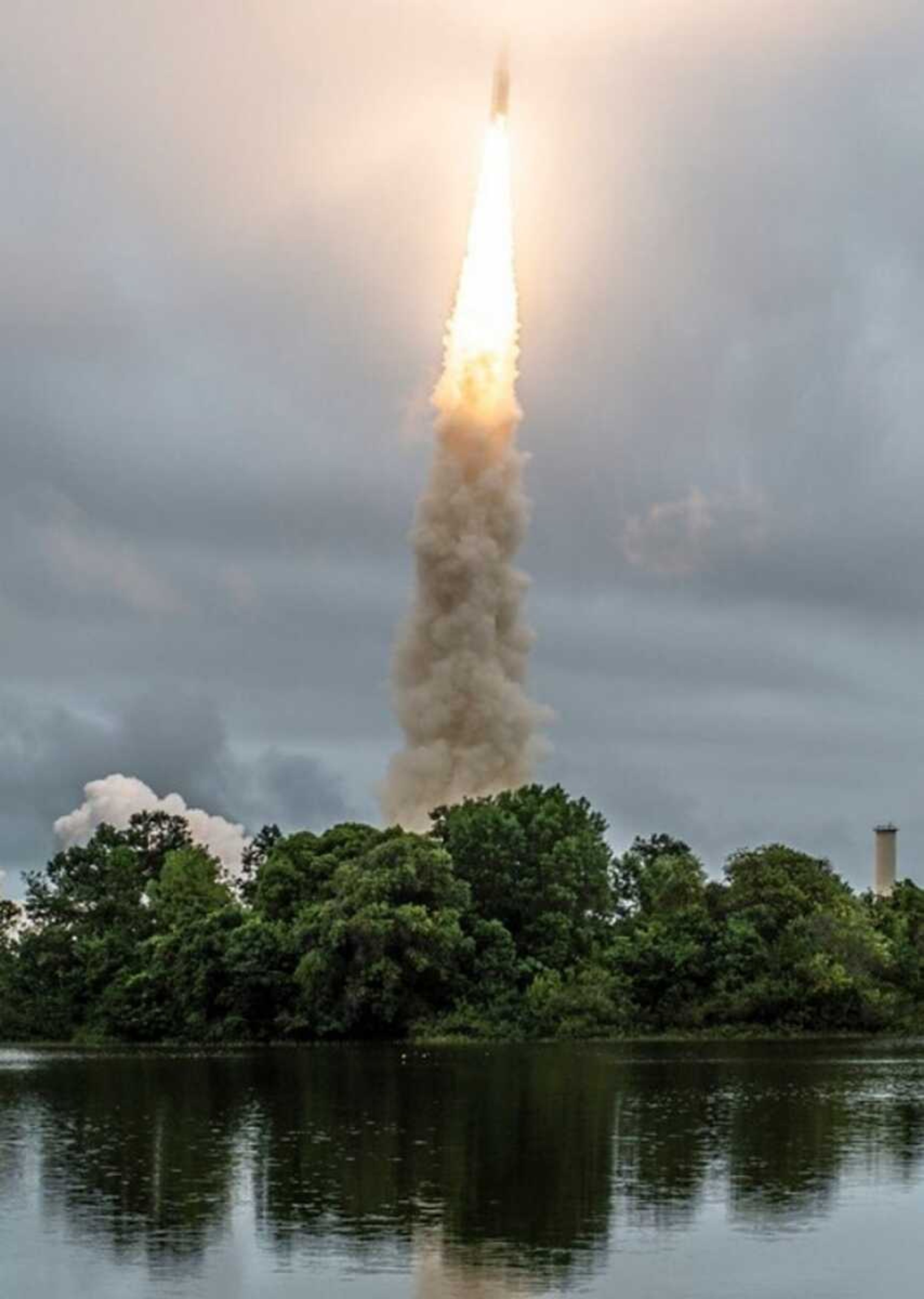A New Year and Time to Move On
When I consider your heavens, The work of your fingers, The moon and the stars, Which you have set in place, What is humanity, O God, that you are mindful of us, Human beings that you care for us? Psalm 8:3-4/NIV. Two years ago on Christmas Day 2021, NASA launched the James Webb Space Telescope...
When I consider your heavens,
The work of your fingers,
The moon and the stars,
Which you have set in place,
What is humanity, O God, that you are mindful of us,
Human beings that you care for us?
Psalm 8:3-4/NIV.
Two years ago on Christmas Day 2021, NASA launched the James Webb Space Telescope.
At the time the $10 billion optical instrument left French Guyana in South America, our space agency said the telescope would have a mission life of up to 10 years and would replace the venerable Hubble telescope, which itself was propelled into space in 1990.
There has been controversy about the naming of the expensive device, owing mainly to the reported behavior of the late Webb -- a former NASA administrator for nearly eight years in the 1960s, accused by critics of being complicit in the purging of homosexuals from the federal workforce in the 1940s and 1950s.
NASA officials said they conducted an investigation of Webb's actions and did not find enough merit in the allegations made to scrap the new telescope's name.
I've read what NASA says will be the benefits of the new telescope but since this is a religion column rather than a scientific one, I'm interested in a more faith-based look at space.
Bible
There are 39 biblical references in the authoritative canon of Scripture which could be construed as having to do with space but most are a stretch.
Psalm 8 -- as delineated in the epigram to this column -- and the creation story of Genesis 1 are two direct references, but when you get beyond those two Old Testament texts, it's hard to make a case that writers of "The Book" had much to say about what lays beyond our atmosphere.
Too much happens down here on terra firma.
Our science knows so little about the universe.
Most of what we do understand is largely confined to the Milky Way galaxy, which is indescribably vast in itself.
How vast?
The observable universe contains as many as an estimated 2 trillion galaxies and, cumulatively, as many as an estimated 10 to 24th power stars -- more stars than all the grains of beach sand on planet Earth.
The word "countless" is overused today but not in this context.
Scale
The Milky Way galaxy's sun, our sun, comprises 98.6% of our solar system.
Considered in scale, the earth barely registers a speck by comparison.
It is generally accepted by scientists that 1.3 million planet Earths can fit inside the sun.
Wonder
Each of us when compared to the endless breadth of the observable universe is physically insignificant.
If Earth is a speck, then I am nothing.
My faith tells me, however, despite the known facts, I am eternally important.
Christ died for me. Little. Nothing. Me.
In awe, then, this writer chooses to retire this column.
Seventeen years ago, I began composing it while still a local church pastor in Cape Girardeau.
Today, my contribution to this page is ended, two months after my retirement from this newspaper as its business editor.
Thanks for reading my words since 2006.
In the enormity of space, I leave you, reader, with the words of Methodism's founder, John Wesley, who -- on his deathbed in 1791 -- is reported to have said the following:
"And the best of all is, God is with us."
Connect with the Southeast Missourian Newsroom:
For corrections to this story or other insights for the editor, click here. To submit a letter to the editor, click here. To learn about the Southeast Missourian’s AI Policy, click here.











